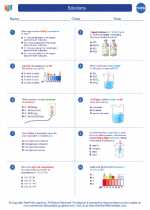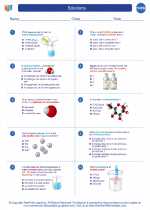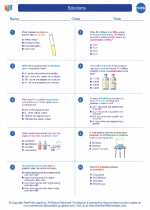Focal Point in Chemistry
In chemistry, the term "focal point" can refer to several different concepts depending on the specific context. Here are some key concepts related to focal points in chemistry:
1. Focal Point of a Concave Mirror
In the context of optics and physical chemistry, the focal point of a concave mirror is the point at which parallel rays of light converge after being reflected by the mirror. This point is often denoted as "F" and is located along the principal axis of the mirror. The distance from the mirror to the focal point is known as the focal length.
2. Focal Point in Chemical Reactions
In the context of chemical reactions, the focal point can represent the specific stage or step in a reaction mechanism where the highest concentration of reactive intermediates or transition states occurs. Identifying the focal point of a reaction can provide insights into the rate-determining steps and the overall reaction kinetics.
3. Focal Point in Analytical Chemistry
For analytical chemistry, the focal point can refer to the critical stage or condition in an analytical procedure where the most accurate and reliable measurements or analyses can be obtained. This may involve optimizing experimental parameters to achieve the best precision and accuracy in chemical measurements.
Study Guide for Focal Point in Chemistry:
- Understand the principles of light reflection and refraction to comprehend the concept of focal point in optics.
- Explore the relationship between focal length, object distance, and image formation in concave mirrors.
- Study reaction mechanisms and transition states to identify the focal points of chemical reactions.
- Practice analytical techniques to recognize the critical focal points in chemical analyses and measurements.
- Review examples and applications of focal points in various branches of chemistry to appreciate their significance in different contexts.
By grasping the concept of focal point in chemistry, students can gain a deeper understanding of light behavior, chemical reactions, and analytical techniques, which are essential aspects of the study of chemistry.
.


